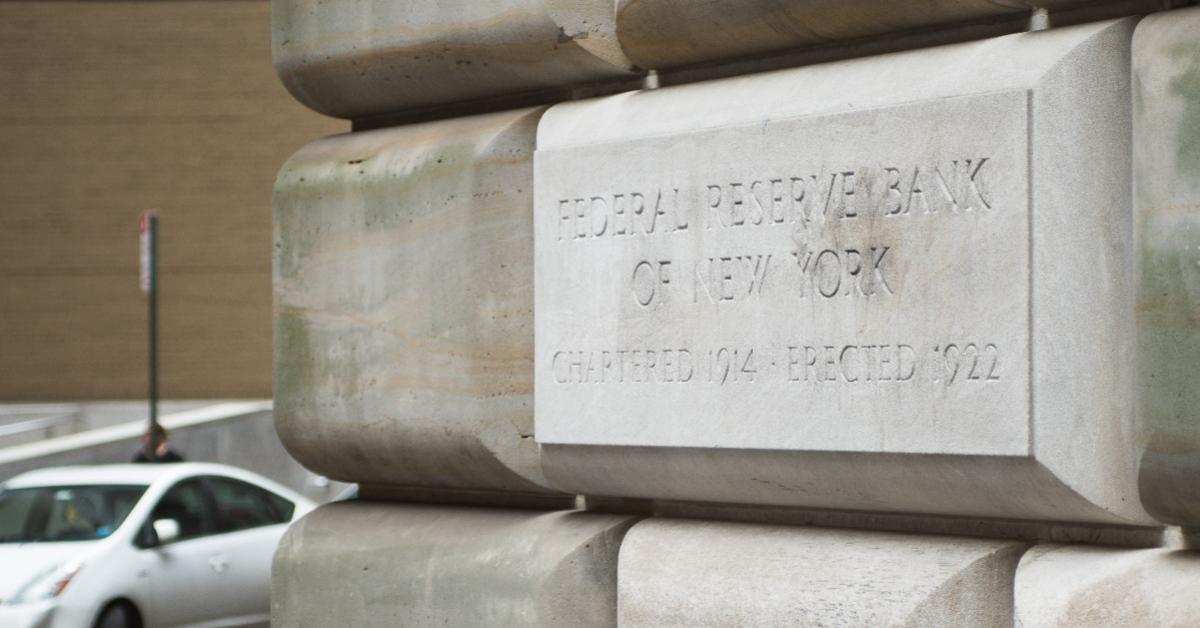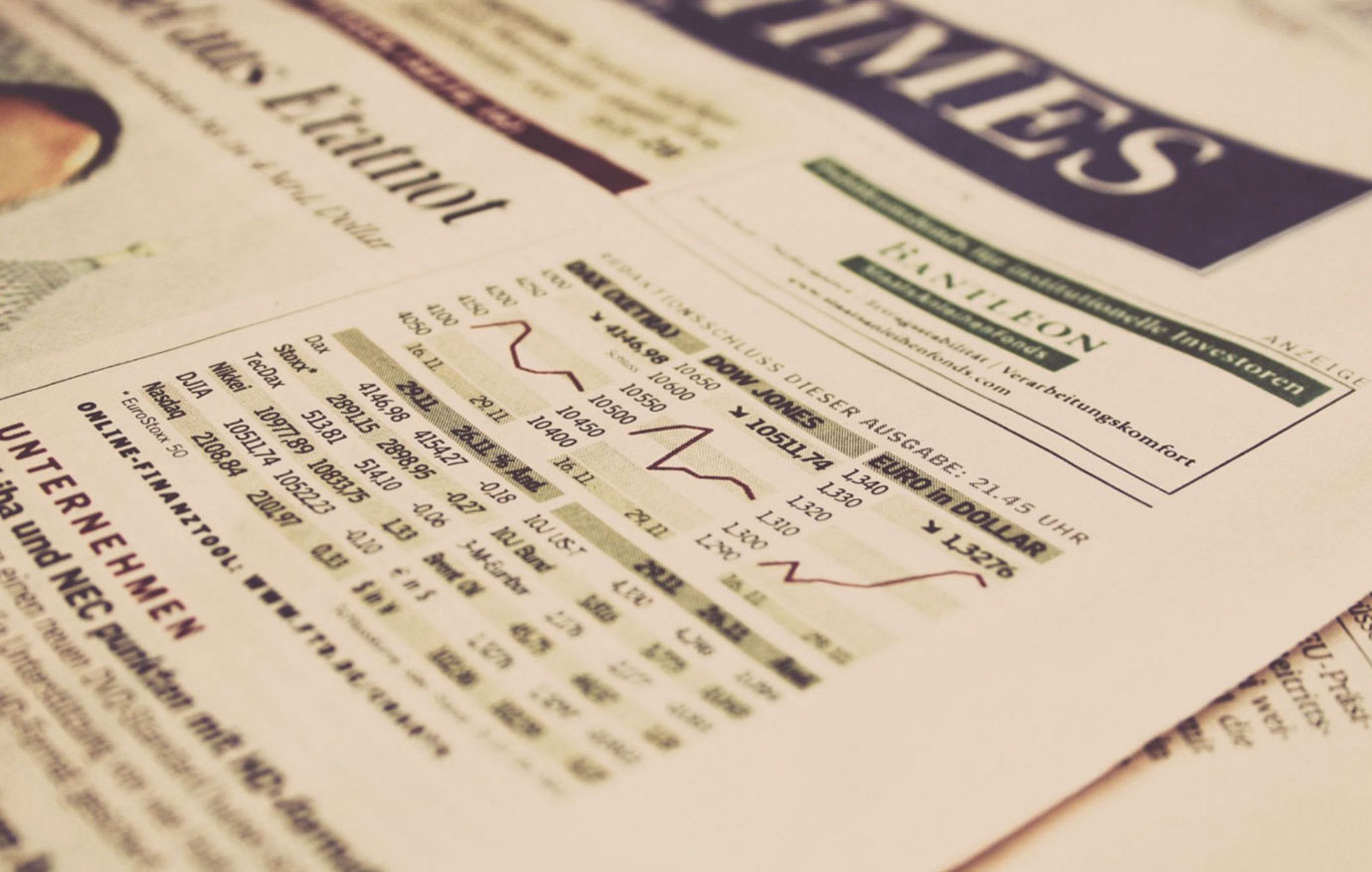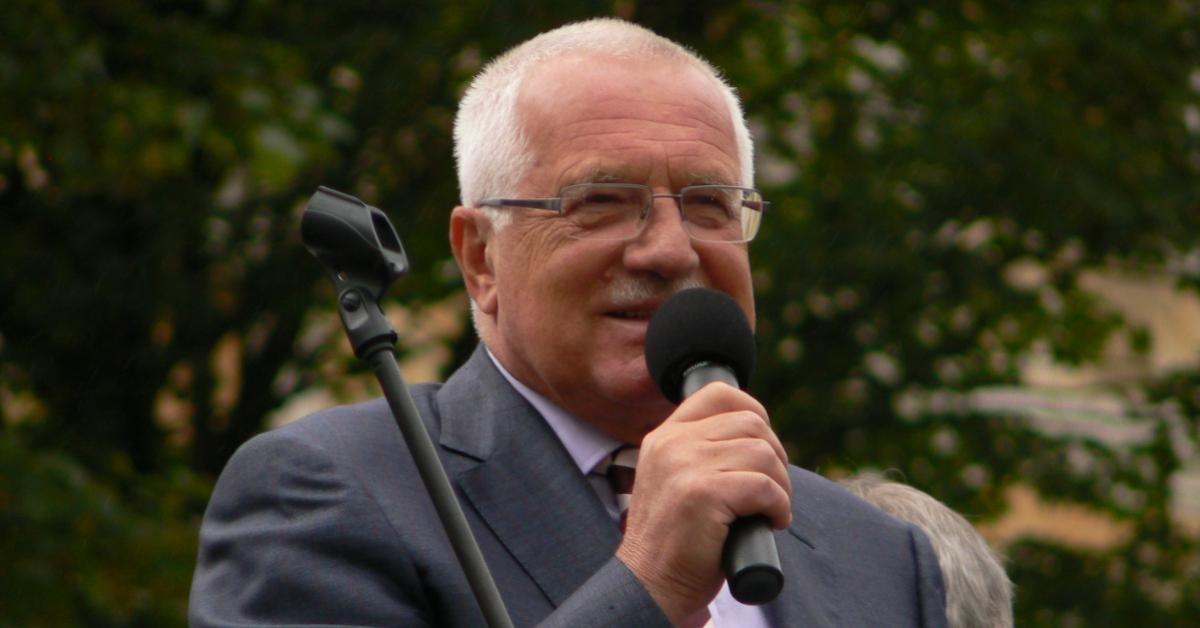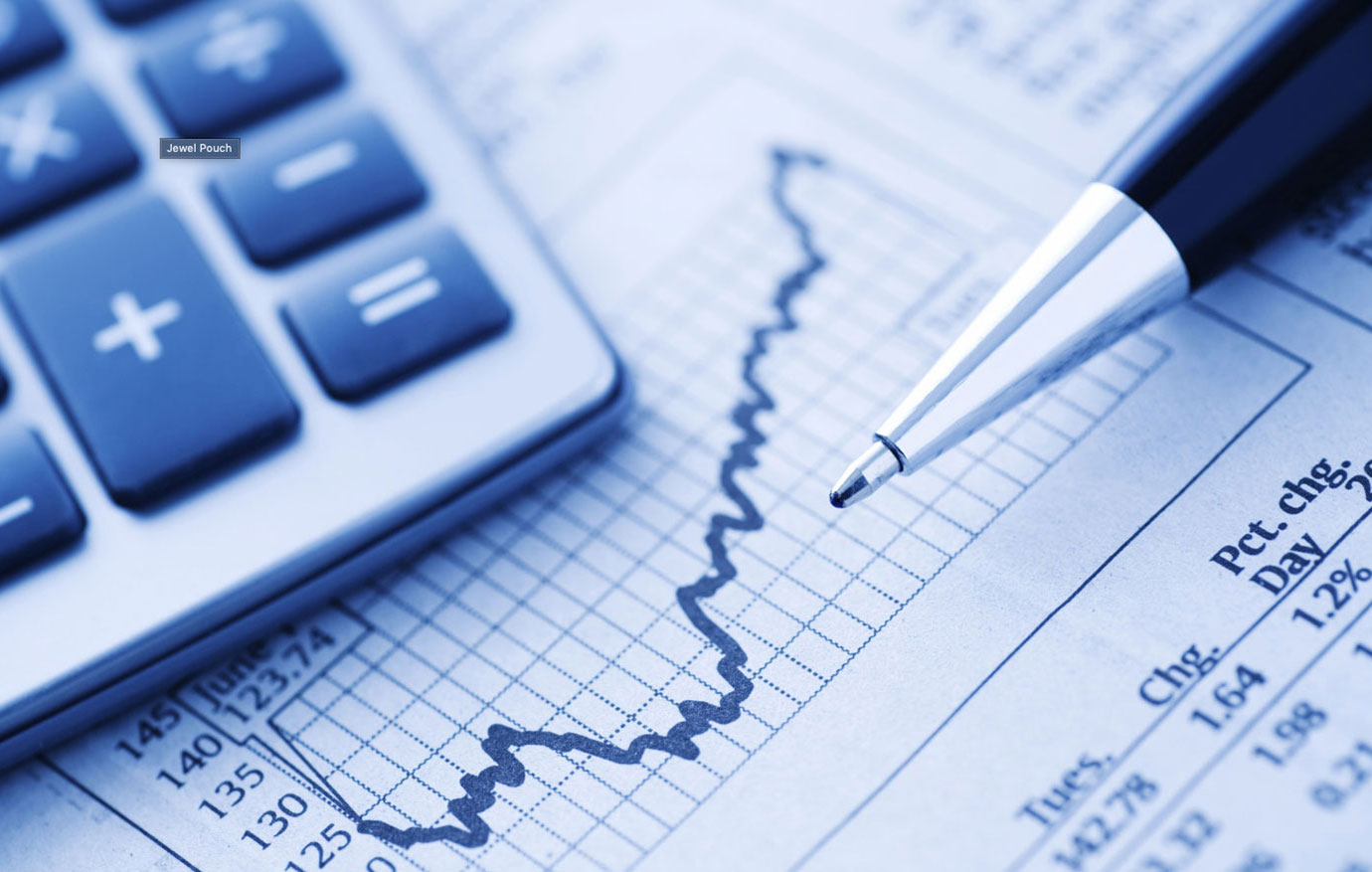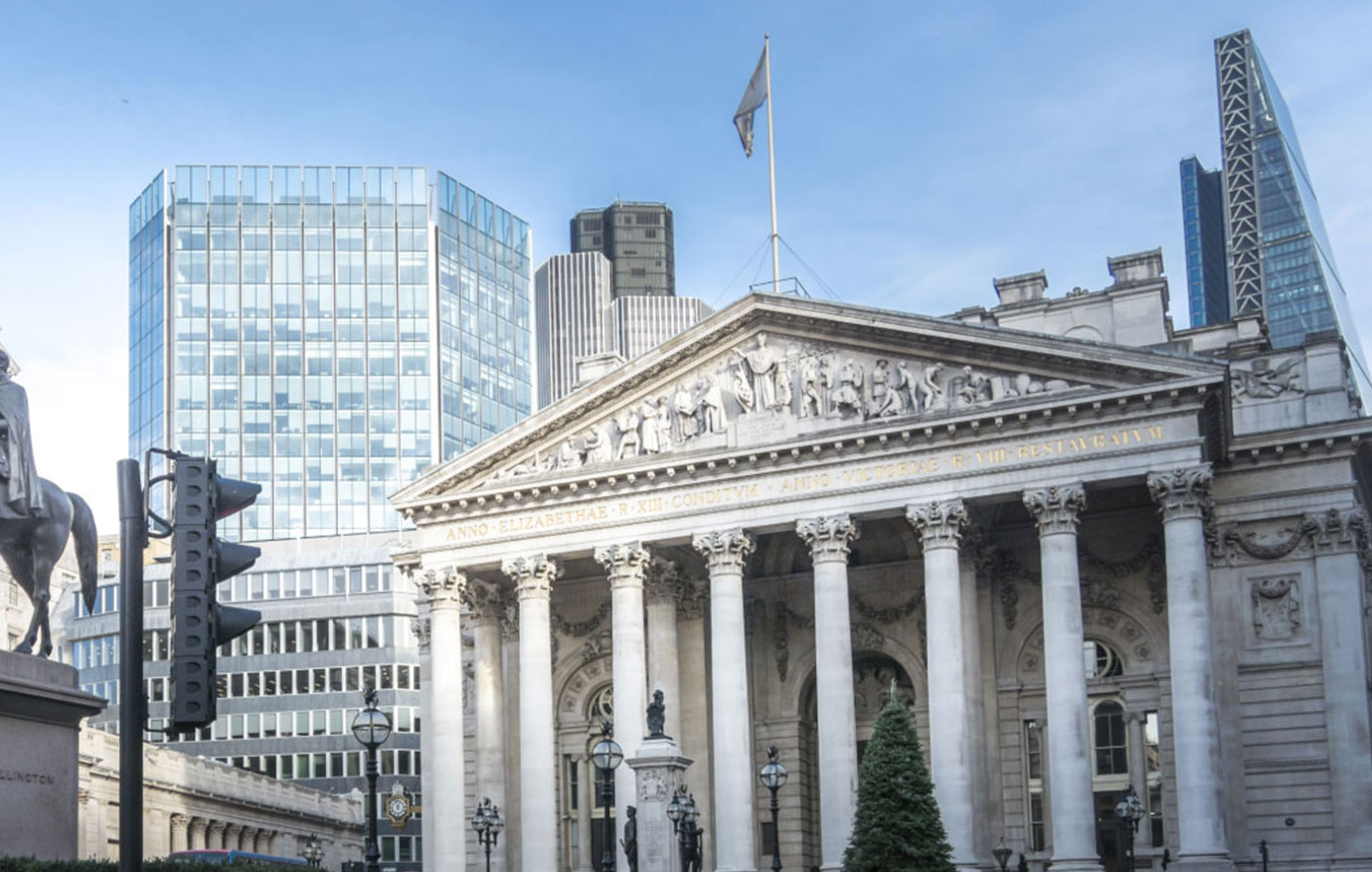Individual Time Preferences, Not the Central Bank, Determine Real Interest Rates
The Fed's predictable response to inflation is based on erroneous economic thinking common with Keynesians. Only a free-market approach can reduce inflation and restore true market interest rates. Original Article: "Individual Time Preferences, Not the Central Bank, Determine Real Interest Rates" This Audio Mises
The Federal Reserve’s (Permanent) Knowledge Problem
Almost eighty years ago, economist and philosopher Friedrich Hayek published what is now considered to be one of the most important essays in all of economics, “The Use of Knowledge in Society.” In it, he detailed what is known as
World War I: The Great War Was also the Great Enabler of Progressive Governance
Historians praise the US entry into World War I because it enabled an Allied victory. But it also led to the economic disasters of the 1920s and ’30s. Original Article: "World War I: The Great War Was also the Great Enabler of Progressive Governance" This
Ending the Economic Crises
Wouldn’t it be nice to permanently rid ourselves of economic crises? In a previous article, I showed that the waste of the boom and the cost of the bust are brutal even using the best recovery policies available. Here I
Randian Villains with Millennial Characteristics: FTX, Fraud, and the Fed
On this episode of Radio Rothbard, Ryan McMaken and Tho Bishop look at conman Sam Bankman-Fried, the scam of FTX, and how regime legitimacy has fueled several fraudulent companies with unprofitable business practices. Did post-2008 monetary policy fuel a bubble in
After Years of “Stimulus” Come Surging Debt and Falling Wages
As interest rates rise on everything from mortgages to car loans to Treasurys, that also means interest is rising on credit card debt. That's not exactly great news as so many indicators point to a recession—and the worsening job situation that
What I Learned from my Grandfather about Money
The author recalls the 1922 peace dollar his grandfather gave him sixty years ago. Real money. Original Article: "What I Learned from my Grandfather about Money" This Audio Mises Wire is generously sponsored by Christopher Condon.
Understanding the European Crisis: Interview with Václav Klaus
To many of us, no matter how well versed in history, in political affairs, or in socioeconomic issues, the present conditions in the West, and especially in Europe, can sometimes seem like the plot of a bad movie. It is
Phil Johnson: Entrepreneurs Demonstrate A Special Emotional Intelligence
Business success goes beyond numbers and planning and finance acumen. There’s an emotional component to it, ranging from the courage to make decisions without knowing the outcomes in an uncertain future, to the resilience of weathering storms and coping with
Sports Betting and Spontaneous Order
One place a price system manifests itself is the sports betting markets. The results are surprisingly accurate. Original Article: "Sports Betting and Spontaneous Order" This Audio Mises Wire is generously sponsored by Christopher Condon.



